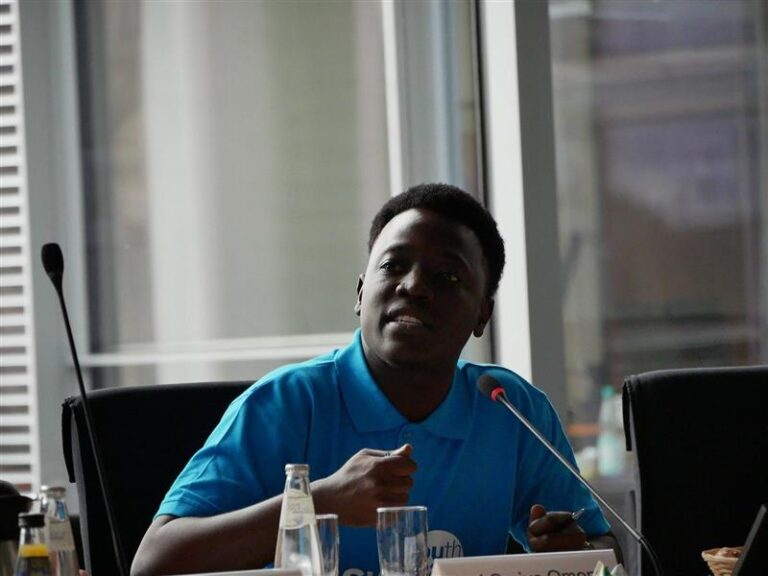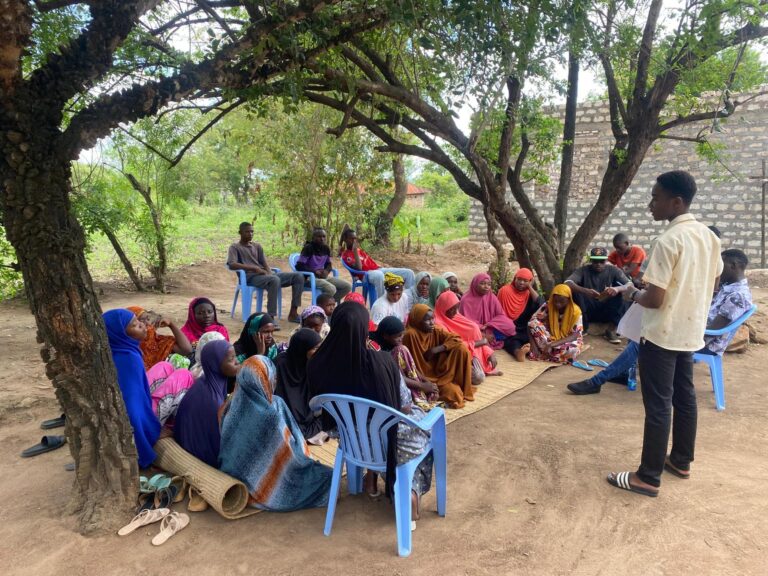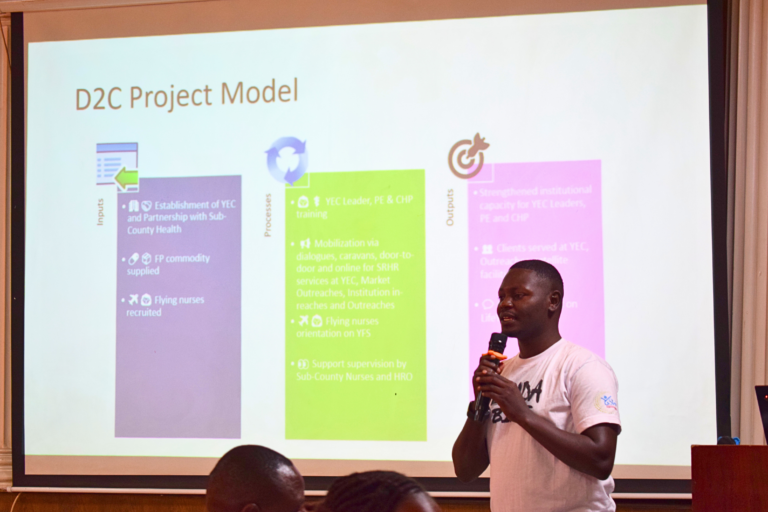Valarie stitches strength from struggle
“Life in the ghetto is not easy,” Valarie says, her voice firm with the weight of experience. “It is a life marked by poverty, instability, and limited access to services.”
Born and raised in Nyalenda, one of Kisumu’s informal settlements, Valarie was raised by a widowed mother who juggled odd jobs just to put food on the table. Her mother worked tirelessly to ensure she and her brother stayed in school, even when the odds towered against them.
Then came the pandemic. Alongside global uncertainty, Valarie was forced to confront a personal trauma that would alter her sense of safety, health, and self. And like so many girls in similar environments, she kept it to herself, knowing that speaking out often invited more judgment than justice.
But even in the dark, Valarie kept moving forward. She completed her secondary education in 2021. It was in this time that a turning point emerged. Through her close friends, she was introduced to a peer-led session on sexual and reproductive health, gender-based violence, and family planning.
For the first time, she heard stories like hers. And for the first time, she felt seen. She was referred to a VIVA youth-friendly facility, where she accessed reproductive health services and the care she needed.
Valarie was selected to attend an entrepreneurship training and later enrolled in a master craftsmen course, where she specialised in fashion and design. Within six months, she had not only completed the course but secured an internship at a fashion shop in Nyalenda.
From her savings, Valarie bought her own sewing machine. It sits at the centre of her growing business, where she designs clothes.





Comment (1)
Nelly
Having worked with and for young people in Nyalenda informal settlements and other informal settlements in Kisumu, Valerys story is a powerful reminder of the resilience and potential that exists within underserved communities when they are given access to safe spaces, information and opportunities.